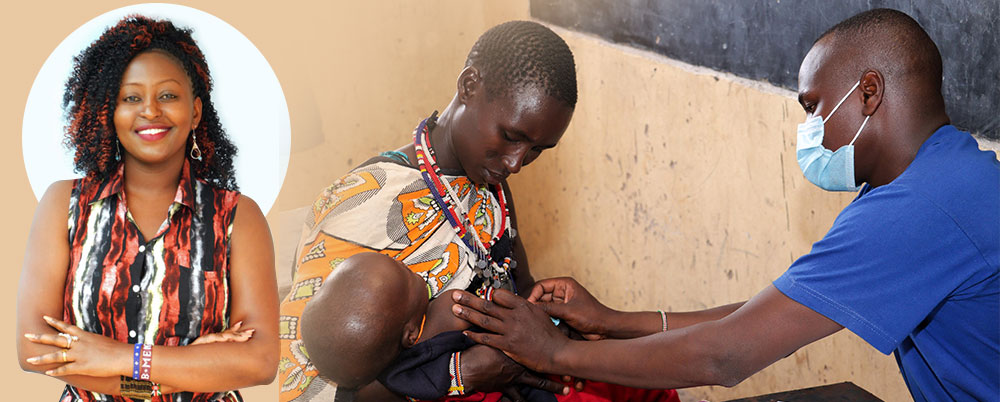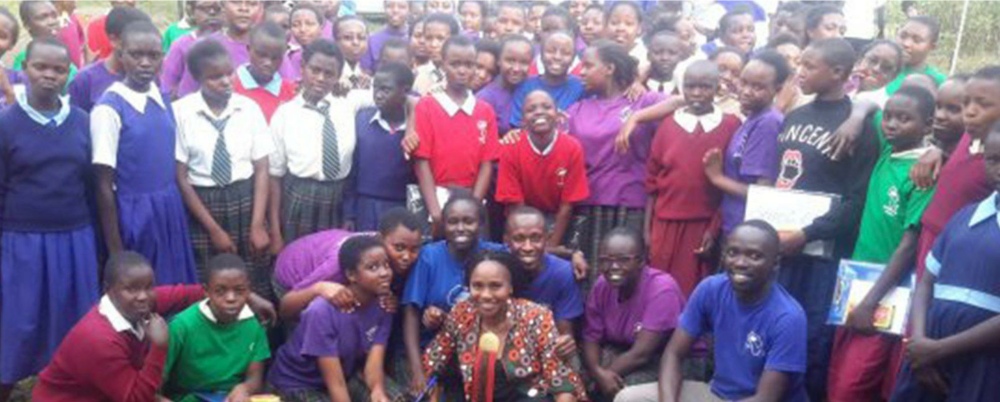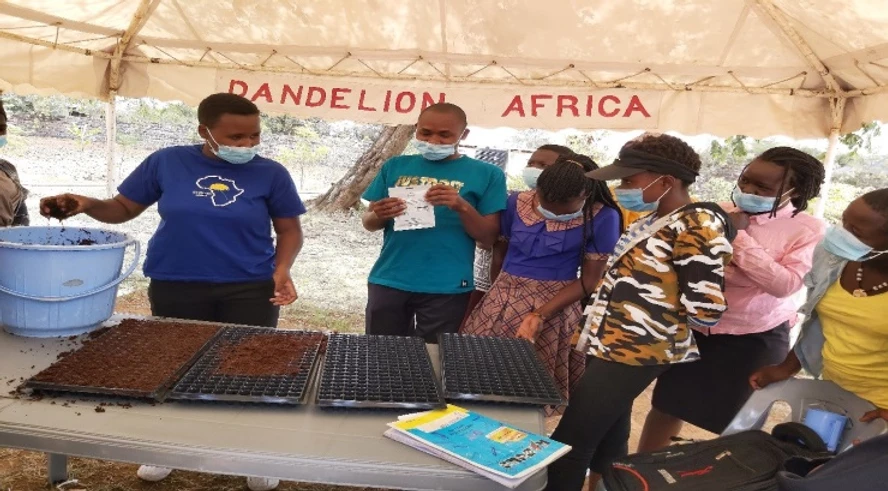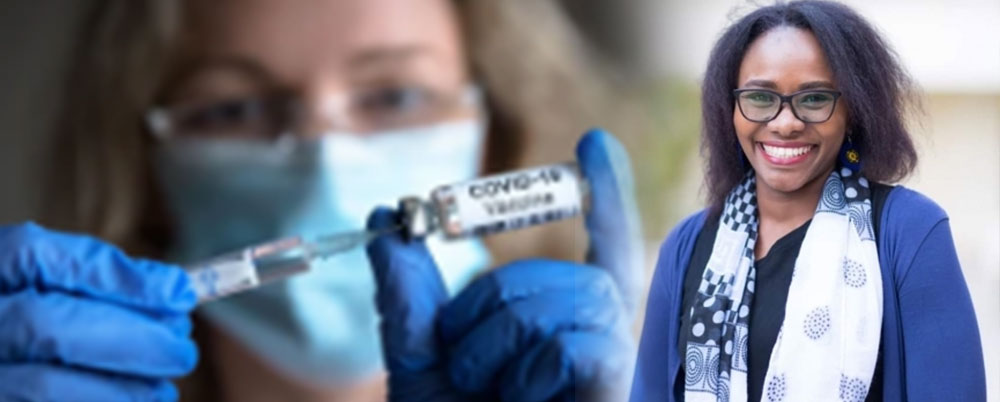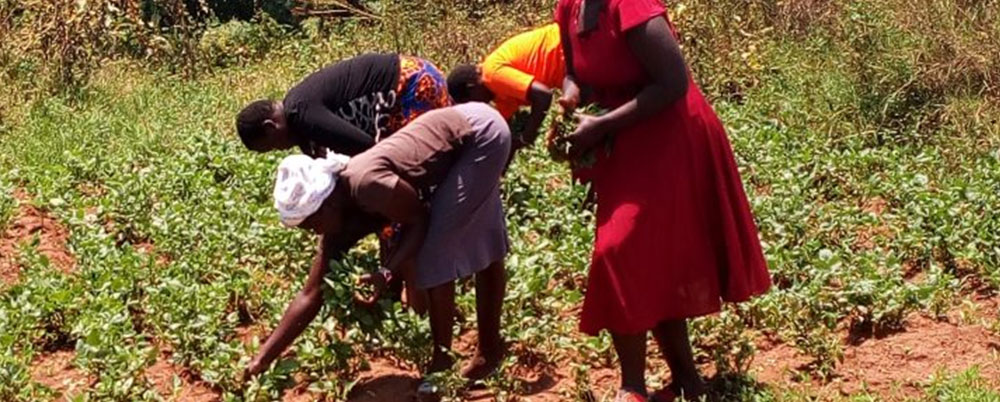Give grants to Grassroots and Not Big NGOs | Voices of Our Partners
Development partners and foundations have, over time, offered much-needed support to communities in times of crisis. The Covid-19 pandemic is a case in point. When it broke out, many funders readily responded to appeals for support from various African governments, Kenya included. In a span of a few months, Kenya had received over 2.7 billion Kenyan shillings ($25 million) to boost its Covid-19 response. Many funders also donated money to buy items such as face masks, sanitiser, soap, food and sanitary towels for local communities.

